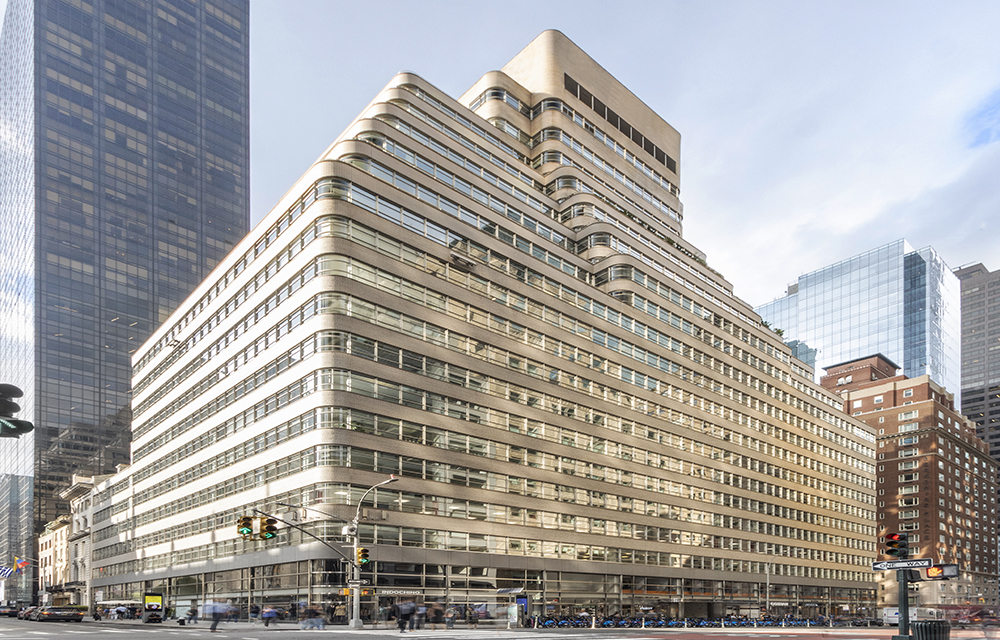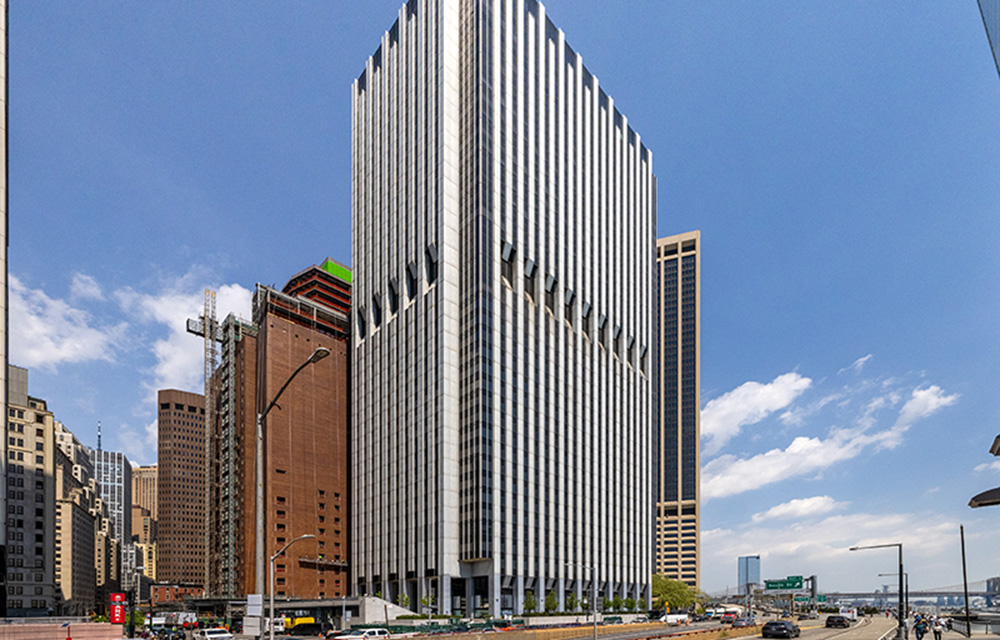Community Preservation Corp. to go carbon neutral
New York, NY The Community Preservation Corp. (CPC) has committed to attaining carbon neutral operations during the 2020 calendar year.
CPC retained EcoAct, an international sustainability consultancy, to help develop and implement its carbon neutral strategy. CPC will achieve carbon neutral operations through a three-pronged approach. First, CPC will complete a Greenhouse Gas Assessment (also known as a “carbon footprint”) annually to measure and track total emissions for Scope 1, Scope 2 and select aspects of Scope 3.
Based on the results of the first carbon footprint, completed in 2018, CPC has developed a reduction plan to eliminate 100% of emissions associated with the organization’s electricity consumption by purchasing electricity sourced from renewable sources, and eliminating or mitigating waste produced in day-to-day operations.
CPC has also developed an employee engagement strategy to educate employees about energy conservation measures, composting and recycling, low-carbon commuting and business travel, and waste reduction strategies. The company is also evaluating strategies to reduce emissions associated with its investment properties.
Lastly, CPC will achieve carbon neutrality through the direct funding of emission mitigation efforts. Also known as carbon offsets, these projects are independently verified according to third-party standards. CPC will aim to support projects that are in close proximity to the communities it supports as well as international projects aligned with the United Nation’s Sustainable Development Goals (SDGs).
By achieving and committing to carbon neutral operations, CPC is continuing its role as an industry leader in sustainability, providing innovative and practical solutions for building owners and lenders.
CPC is one of the first real estate nonprofits to set such a carbon reduction target and continues to push the real estate industry forward in its sustainability efforts.
The Intergovernmental Panel on Climate Change (IPCC)’s Special report on the impact of global warming of 1.5°C (2018) details the global risks to health, livelihoods, food security, water supply, human security, and economic growth that are projected to increase due to climate change. These are issues that affect cities large and small worldwide. According to New York City’s One City: Built to Last plan, the city’s buildings are responsible for the overwhelming share of emissions.
CPC’s work to achieve carbon neutral operations is a continuation of its nonprofit mission and its commitment to align with City and State goals to reduce carbon emissions 80 percent by 2050. With such prevalent influence over the economics and conditions of the built environment, CPC believes that the real estate industry has a tremendous opportunity, and responsibility, to take the lead in advancing measures that will improve the quality and sustainability of the communities in which we live and work.
“The impacts of climate change on the health and stability of our cities are well documented. From global warming to air pollution, drought, and flooding, our communities – especially those that are home to underserved and vulnerable populations – are struggling to adjust and cope with this new reality,” said Rafael Cestero, president and CEO of CPC. “We felt strongly that being good stewards of our neighborhoods meant that we needed to take a critical approach to changing our behavior and tracking our progress to further lessen our environmental impact. Achieving carbon neutral operations is a natural step for CPC that complements our ongoing sustainability initiatives, and will help us create greener, healthier, and more sustainable cities.”
Greg Hale, senior advisor for energy efficiency markets and finance, The New York State Energy Research and Development Authority (NYSERDA) said, “As an advisor on NYSERDA’s Carbon Neutral Buildings Roadmap, the Community Preservation Corporation is already leading by example, and by adopting carbon neutral operations CPC is now positioning itself as an industry leader in New York’s transition to a clean energy economy. By making this important commitment, CPC is highlighting how businesses and the private sector are playing an essential role in meeting the state’s climate and clean energy agenda under Governor Cuomo’s leadership.”
“Reducing our climate footprint is crucial in the fight against climate change and carbon neutrality is a tool that can help achieve a healthier and more sustainable environment for all,” said Lindsay Robbins director, strategic alignment and implementation at the Natural Resources Defense Council (NRDC). “CPC’s commitment to carbon neutral operations is a great example of their leadership in sustainability efforts in the field of affordable housing.”
The company’s sustainability platform promotes energy and water conservation measures as a means to improve the financial and physical quality of the buildings and communities in which we live and work. Since 2013, CPC has financed approximately 7,000 units of energy-efficient, affordable housing equating to 103 projects targeting energy retrofits. The cost savings associated with energy-efficient measures and high-performance building practices plays a key role in ensuring the long-term economic stability and affordability of multifamily properties.
In 2017, CPC launched its Underwriting Efficiency handbook to serve as a free resource for lenders in their efforts to incorporate energy and water efficiency features into the financing of first mortgages for multifamily building owners. Underwriting the potential savings and providing additional low-cost, long-term capital in the mortgage can help break down the financial barriers that building owners of all sizes currently face in implementing sustainable property improvements. In 2018, CPC launched CPC VeriFi, a free interactive software application that calculates the potential cost savings of energy-efficient upgrades to multifamily buildings.
In May of this year, CPC will host a “Carbon Neutral Summit” in New York City to bring together a broad group of stakeholders in the real estate sector to discuss what is needed to achieve decarbonization in the built environment and exchange best practices to make our buildings more energy efficient, reduce our GHG emissions, and build more sustainable and resilient communities.
Meridian Capital Group arranges 10-year retail lease for Mess at 236 West 10th St.


Behind the post: Why reels, stories, and shorts work for CRE (and how to use them) - by Kimberly Zar Bloorian

AI comes to public relations, but be cautious, experts say - by Harry Zlokower

Strategic pause - by Shallini Mehra and Chirag Doshi









.jpg)

.gif)